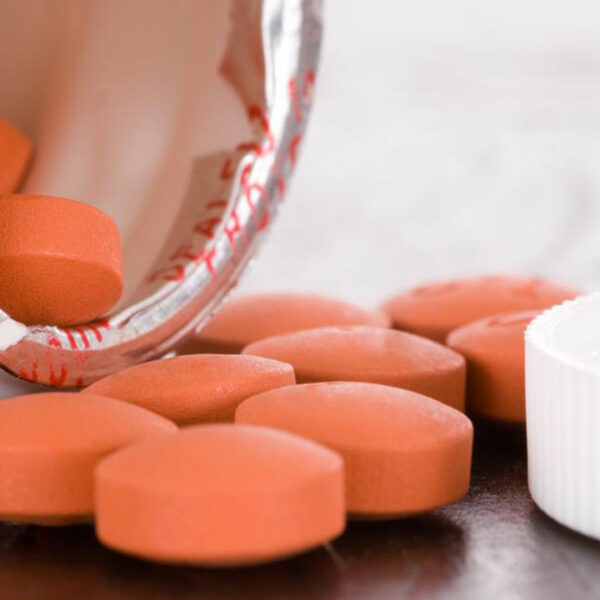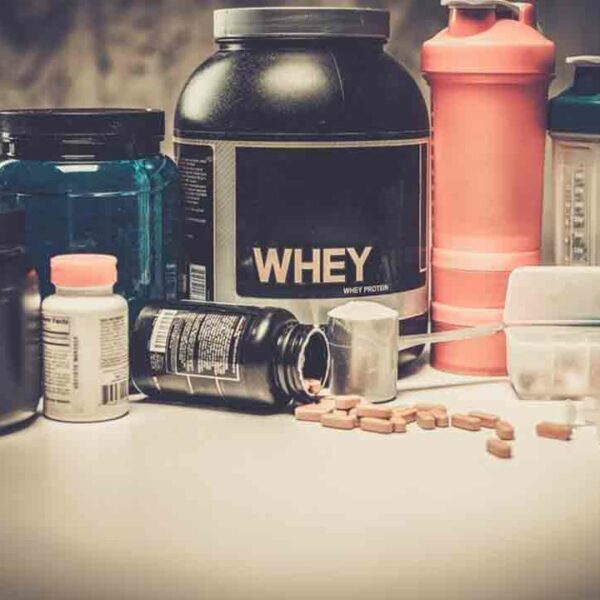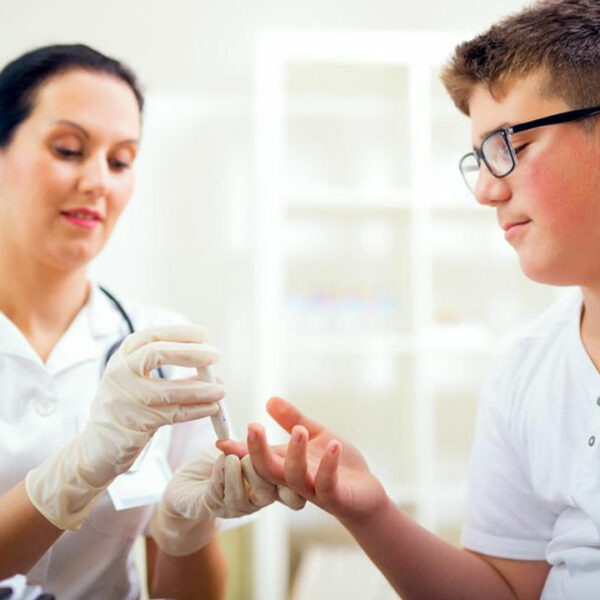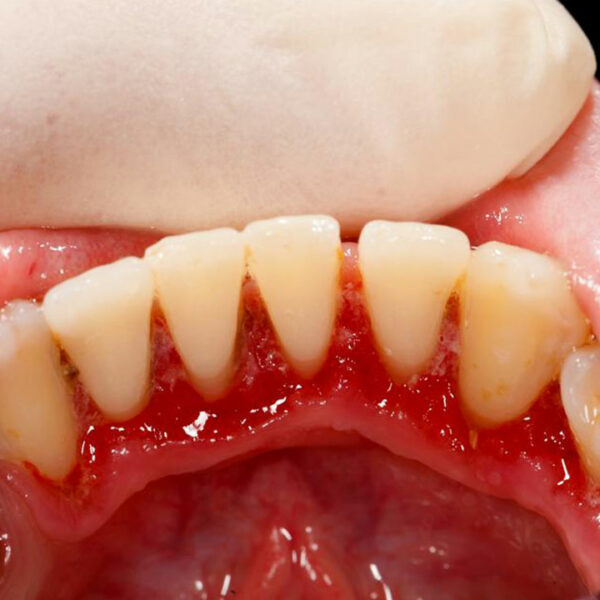
Causes, symptoms, and treatments for depression
Depression is a condition wherein people suffer from a persistent mood disorder that comprises prolonged sadness and a loss of interest. Also termed as the major depressive disorder, one can face problems performing regular activities and require treatment for a long period of time. Chemical abnormalities in the brain are one of the main causes of depression. Causes of depression Exact causes are still not known for a patient going into a depression. Doctors, however, suggest that there are several risk factors. The main factors can be emotional instability, environmental changes, and genetically inherited issues. Abnormalities in the brain’s chemistry can make any person depressed. Biological and hormonal changes can be the other causes of depression. People having a family history of depression can be prominently exposed to it. Symptoms of depression Depression has a number of symptoms. Some symptoms are general while the others vary according to the age of the patient. It can happen to any person of any age or gender. The general symptoms are as shown below: Frustration, anger, and irritable outbursts on small matters Feelings of sadness and persistent emptiness Insomnia or prolonged sleep in many cases Isolation and a loss of interest toward human interaction, hobbies, sex, and sports Appetite loss or excessive consumption of food, resulting in weight gain Feelings of guilt, low self-esteem, reduced self-confidence Suicidal thoughts and attempts Movement and speech abnormalities Pain and headaches due to unexplained reasons Personality changes In the case of most patients, the above symptoms are severely found and they become distinctly noticeable.









